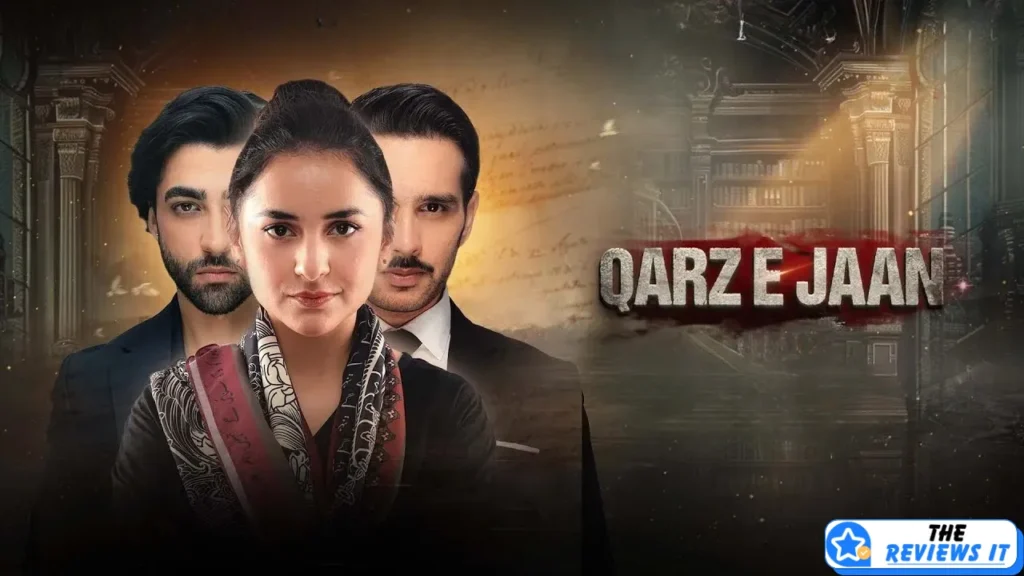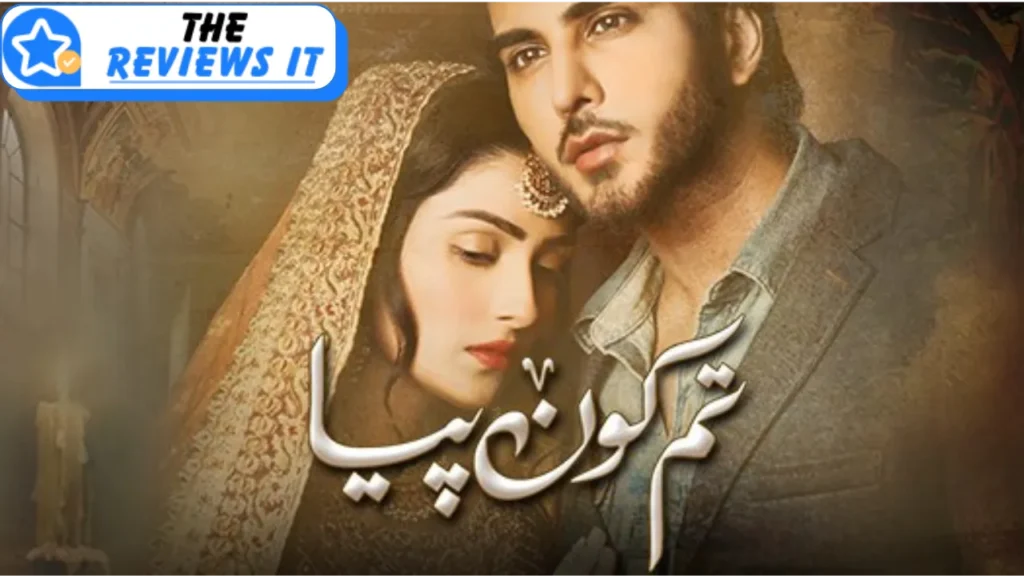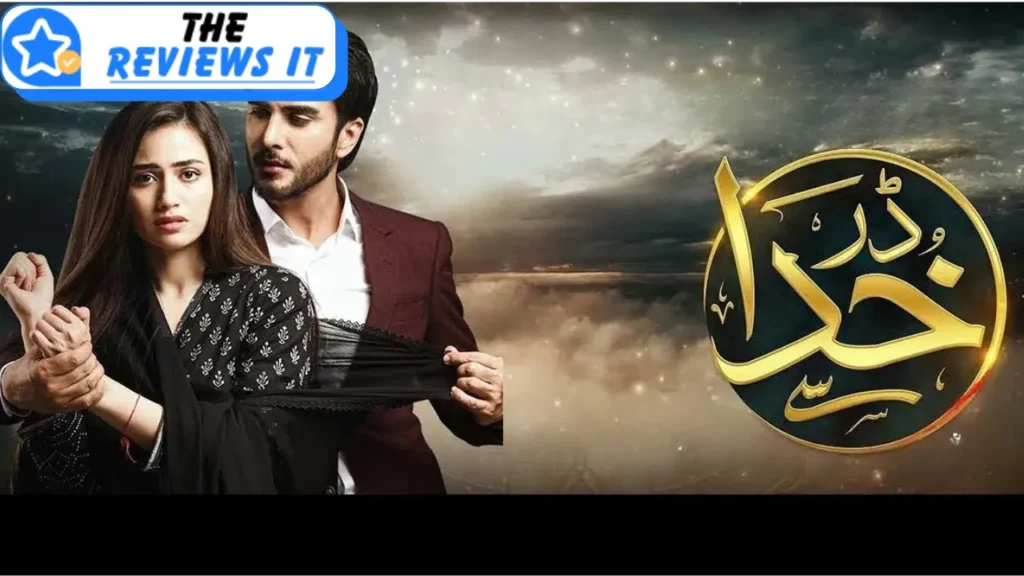Mere Humsafar Drama Review: This introduction delves into the intriguing realm of Pakistani television, spotlighting the series “Mere Humsafar” (My Companion or Life Partner).
An Overview of “Mere Humsafar”:
This section offers a concise synopsis of the series, highlighting its plot, main characters, and the central conflict that propels the story.
ARY Digital: A Titan in Pakistani Entertainment:
We’ll examine ARY Digital’s pivotal role in the Pakistani TV industry and its impact as the broadcaster of “Mere Humsafar.”
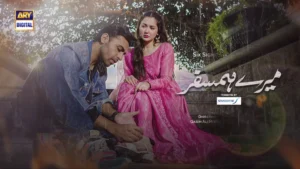
Plot Summary
Main Storyline:
“Mere Humsafar” centers on Hala, a British-Pakistani woman who was abandoned by her father during her childhood. She grows up in Pakistan under the care of her paternal relatives, facing constant mistreatment and emotional neglect, particularly from her aunt and uncle. Her only sources of comfort are her loving grandmother and a compassionate uncle.
The narrative shifts when Hala’s cousin, Hamza, returns from abroad. Hamza is an educated and empathetic individual who soon becomes aware of Hala’s plight. Despite facing opposition from the family, he chooses to marry Hala, offering her the love and dignity she has always longed for. Their path, however, is fraught with obstacles and familial conflicts.
Main Characters and Roles:
- Hala: A gentle and innocent young woman seeking affection and acceptance.
- Hamza: A caring and educated man who steps in as Hala’s protector and husband.
- Raees & Shah Jahan (Hala’s Aunt & Uncle): The main antagonists who abuse Hala and manipulate circumstances against her.
- Nafees (Hala’s Father): A mysterious figure who abandoned Hala, with potential for a dramatic return later in the series.
Key Subplots and Relevance:
- Hala’s Paternal Family: This subplot delves into the dynamics of familial manipulation and societal expectations, highlighting the adversity Hala endures and her quest for love and support beyond her immediate family.
- Hamza’s Background and Family Tensions: This subplot explores Hamza’s past, shedding light on his motivations and the reasons behind his decision to marry Hala. It adds complexity to his character and introduces conflict within his own family.
- Hala’s Search for Her Father: Depending on the progression of the series, this subplot may delve into themes of abandonment, forgiveness, and the desire for familial reconciliation.
These subplots are intricately woven into the main storyline, enriching the narrative by deepening character development and introducing additional layers of conflict and resolution.
Cast and Performances
Lead Actors:
Farhan Saeed as Hamza:
Farhan Saeed’s portrayal of Hamza is notable for his ability to convey the character’s compassion and inner strength. His performance captures Hamza’s protective nature and the emotional complexity of his struggles. Farhan effectively brings depth to Hamza, making him a compelling and empathetic figure in the series.
Hania Aamir as Hala:
Hania Aamir delivers a powerful performance as Hala, embodying her vulnerability and resilience. She adeptly portrays Hala’s journey from a mistreated and neglected young woman to someone who finds her inner strength and courage. Hania’s nuanced performance allows viewers to connect deeply with Hala’s emotional growth throughout the series.
Chemistry:
The on-screen chemistry between Farhan Saeed and Hania Aamir is palpable and engaging. Their dynamic feels authentic, contributing significantly to the emotional core of the story. The believable connection between Hamza and Hala enhances the narrative, making their relationship a central and compelling aspect of the series.
Supporting Cast:
Contribution:
The supporting cast of “Mere Humsafar” plays a crucial role in enriching the narrative. They:
- Create substantial conflict and challenges for Hala and Hamza, driving the plot forward.
- Offer moments of support and wisdom, providing balance and perspective to the lead characters’ journey.
- Reflect the societal and cultural backdrop of the story, adding authenticity and depth to the series.
Notable Performances:
- Saba Hameed as Shah Jahan (Hala’s Aunt): Saba Hameed excels in portraying Shah Jahan’s antagonistic and manipulative nature. Her performance brings a formidable presence to the character, intensifying the familial conflict.
- Waseem Abbas as Raees (Hala’s Uncle): Waseem Abbas delivers a strong performance as Raees, adding another layer of tension and complexity to Hala’s family dynamics. His portrayal underscores the themes of power and control within the household.
- Samina Ahmed and Other Supporting Actors: Samina Ahmed, along with other supporting actors, contribute significantly to the story. Their performances offer moments of warmth, guidance, and additional conflict, enriching the overall narrative tapestry of “Mere Humsafar.”
The collective efforts of the cast ensure that “Mere Humsafar” is a well-rounded and emotionally resonant series, with each actor bringing their character to life in a meaningful way.
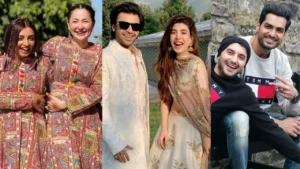
Themes and Messages
Central Themes:
“Mere Humsafar” delves into several key themes that resonate deeply with its audience:
Love and Acceptance:
At the heart of the series is the theme of finding love and acceptance. Hala, yearning for a nurturing and supportive relationship, ultimately finds solace and validation through Hamza’s unwavering love.
Family Dynamics:
The drama intricately explores family relationships, portraying the complexities and tensions within Hala’s blood family while highlighting the love and support that can be found outside traditional familial bonds.
Resilience Amidst Adversity:
Hala’s journey is a testament to resilience. Despite enduring neglect and hardship, she perseveres, showcasing her inner strength and determination to overcome obstacles.
Social Class and Privilege:
The series may touch on the contrasts between different social classes, particularly through the juxtaposition of Hala’s background with Hamza’s, shedding light on issues of privilege and inequality.
Social and Cultural Messages:
Pakistani dramas often tackle significant social issues, and “Mere Humsafar” is no different. Some potential areas of focus include:
Women’s Education and Empowerment:
Hala’s character arc could underscore the importance of education and self-reliance for women, emphasizing the transformative power of knowledge and independence.
Challenging Patriarchal Norms:
The drama might explore the constraints placed on women by a patriarchal society and Hala’s struggle to break free from these expectations, highlighting themes of defiance and empowerment.
Mental Health Awareness:
By addressing themes of emotional neglect and its impact on mental well-being, the series could spark important conversations about mental health issues in Pakistan, promoting greater awareness and understanding.
Uncovering Specific Messages:
To gain deeper insights into the social and cultural messages of the drama:
- Reviews and Analyses: Reading reviews and critical analyses can reveal nuanced interpretations and the broader implications of the series’ themes.
- Audience Reactions: Engaging with online discussions and audience feedback can provide a sense of how viewers perceive and interpret the series’ messages.
By exploring these themes and messages, one can appreciate the depth of “Mere Humsafar” and its potential to stimulate meaningful dialogue on pertinent social issues within Pakistani society.



